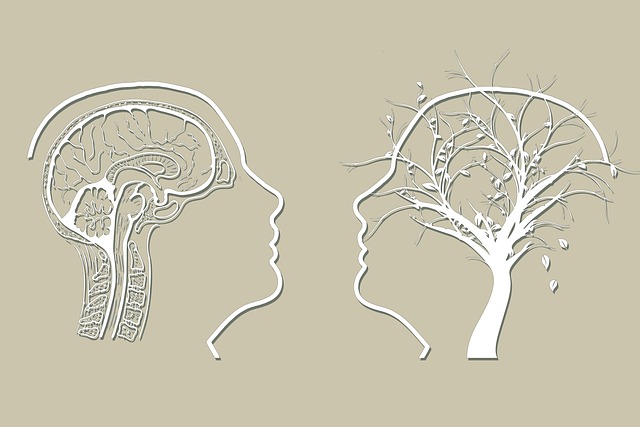Parker Codependency Therapy (PCT) is an evidence-based approach to improving mental health by focusing on mood regulation. It helps individuals recognize and change unhealthy relationship patterns, build secure self-images, and develop emotional resilience. PCT incorporates boundary setting, education, group support, and counseling to empower clients with effective stress management techniques. By integrating self-care practices like exercise, sleep, and mindfulness, PCT promotes long-term mood stability and enhances emotional intelligence, leading to better mental well-being through community outreach programs that provide accessible resources and safe spaces for sharing.
Mood regulation is a vital aspect of well-being, and understanding effective strategies can significantly enhance quality of life. This article explores various techniques for managing moods, with a focus on Parker Codependency Therapy (PCT). We delve into how PCT offers powerful tools to navigate emotional challenges, promoting self-awareness and healthier relationships. By integrating these strategies with self-care practices, individuals can achieve long-term mood stability and improve overall mental resilience.
- Understanding Mood Regulation and Parker Codependency Therapy
- Strategies for Effective Mood Management Using PCT Techniques
- Integrating Self-Care Practices for Long-Term Mood Stability
Understanding Mood Regulation and Parker Codependency Therapy

Understanding Mood Regulation is a vital step towards enhancing mental well-being and overall quality of life. It involves recognizing and managing one’s emotional state to achieve a sense of balance and stability. Parker Codependency Therapy (PCT) is a renowned approach that delves into this concept, offering powerful tools for personal growth. PCT aims to help individuals identify unhealthy patterns in relationships and interactions, fostering a more secure and positive self-image. By addressing codependent behaviors, this therapy empowers clients to regulate their moods independently.
This therapeutic method encourages the development of healthy boundaries, which is a cornerstone of emotional resilience. Through various techniques, such as education, group support, and individual counseling sessions, PCT facilitates self-discovery and self-esteem improvement. Additionally, it promotes effective stress management skills, often incorporating workshops to teach practical strategies for dealing with everyday stressors. Community outreach programs can further enhance these benefits by providing accessible resources and support networks, enabling individuals to actively participate in their emotional well-being journey.
Strategies for Effective Mood Management Using PCT Techniques

Mood regulation is a vital skill for maintaining mental well-being, and Parker Codependency Therapy (PCT) offers powerful techniques to achieve this. By focusing on identifying and modifying unhealthy patterns of thinking and behaving, PCT empowers individuals to gain control over their emotions. One effective strategy within PCT involves enhancing emotional intelligence—the ability to recognize and understand both one’s own and others’ feelings. This self-awareness is crucial for managing moods as it enables people to interpret and respond appropriately to emotional cues.
Additionally, Trauma Support Services play a significant role in mood regulation. Many individuals struggling with their moods may have experienced trauma, and addressing these past experiences can be transformative. Coping Skills Development is an integral part of PCT, teaching individuals healthy ways to deal with distressing emotions and situations. Through this process, people can learn to replace maladaptive coping mechanisms with more constructive strategies, fostering better emotional regulation and overall mental resilience.
Integrating Self-Care Practices for Long-Term Mood Stability

Integrating self-care practices is a cornerstone for achieving and maintaining long-term mood stability. This involves adopting strategies that nurture both physical and emotional well-being, such as regular exercise, adequate sleep, and mindfulness techniques. These habits, when incorporated into daily routines, can act as natural buffers against mood swings and promote resilience to stress. For instance, Parker Codependency Therapy emphasizes the importance of self-care in fostering healthy relationships and improving overall mental health.
Community outreach program implementation and emotional well-being promotion techniques can further enhance these benefits. Support groups, for example, offer a safe space for individuals to share experiences and gain insights from others facing similar challenges. Such social connections not only provide emotional support but also encourage the adoption of positive self-care practices. Additionally, programs focusing on anxiety relief can play a significant role in stabilizing moods by teaching participants coping mechanisms to manage stress and improve their overall quality of life.
In conclusion, effectively managing moods involves a combination of understanding our emotional states, adopting proven therapy techniques like Parker Codependency Therapy (PCT), and integrating self-care practices for sustained well-being. By applying these strategies, individuals can navigate emotional challenges more resiliently, enhancing their overall quality of life.












